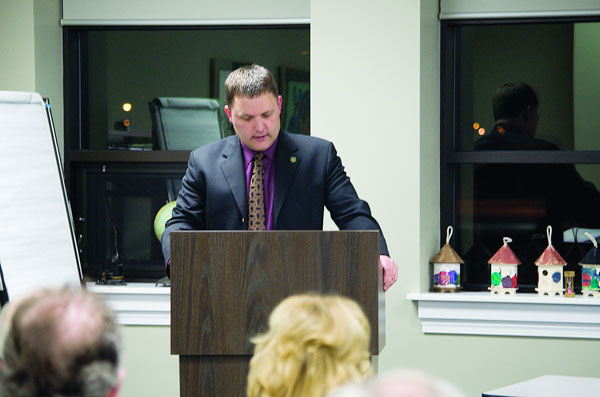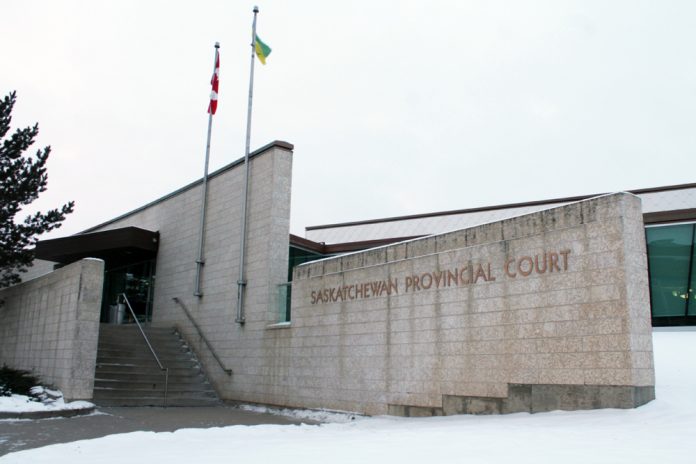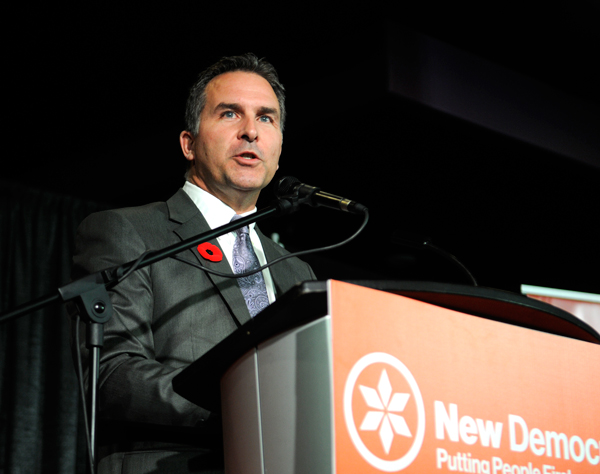Saskatchewan teachers have voted in favour of sanctions, with 90.2 percent of members in support. Voter turnout was exceptionally high at 96.6 percent. The Saskatchewan Teacher’s Federation (STF) released the results of their vote on Monday, February 24.
“This 90.2 percent is a very clear message to the provincial government that teachers are resolved and they are standing up for students,” Ted Zurakowski president of the Prince Albert and Area Teachers’ Association said.
“To me it shows how serious of an issue class complexity has become and it shows teacher’s resolve that students get the supports that they need and that the students deserve,” STF president Patrick Maze said.
“It shows to me that it is a province-wide issue it is not just one or two school divisions that are impacted. It is government chronic underfunding that is the cause of it. It is to me a real show of resolve for teachers to stand up for their students and make sure that classrooms are properly supported and that students are set up for success.”
The STF is scheduled to meet with Education Minister Gord Wyant and the Saskatchewan School Boards Association today (February 25). The Conciliation Board recommended the three parties meet “within the next 4 weeks” in order to “discuss steps that can be implemented immediately to support students and teachers in the classroom.”
“Clearly it is a strong resolve. Teachers want to be in the classroom so hopefully the next step is a conversation can occur,” Zurakowski said.
The next step, according to Maze is that meeting.
“That’s the thing — you take a sanctions vote and everyone assumes that you are going to be marching in the streets the next day and that isn’t true for us.”
“Wwe look forward to sitting down both knowing that these results have been posted now and the numbers are in and it kind of raises the stakes a little bit more and hopefully Minister Wyant is bringing some more resources to the table in order to get a deal done,” Maze said.
The vote provides the Teachers’ Bargaining Committee (TBC) the authority to implement sanctions, however, it is not bound to. Parties may return to the bargaining table at any time. The TBC’s goal is to negotiate a collective agreement that is acceptable to teachers and addresses students’ needs. The TBC will determine the type, timing and location of all sanctions.
The negotiations on the new contract began well in advance of a contract expiring.
“We start bargaining well before the contract we are currently in expires and so we have been bargaining for quite some time before the contract expired in August. And now here we are about 10 or 11 months later and still no deal on the horizon here. Hopefully we are able to get the supports necessary so that we have appropriate learning environments for our students,” Maze said.
Maze explained that the STF has committed to giving 48 hours notice before any withdrawal of service. This is in order to help parents make arrangements.
“We are of course very concerned about student safety,” Maze said.
He explained that school divisions are also aware and follow the ongoing negotiations and that the impasse was declared by the conciliator several weeks ago.
“The school divisions have contingency plans in place and are prepared for the potential, nobody wants to go there, but we make sure our classrooms are properly supported. So hopefully we will get a deal but it is not our intent to catch anyone by surprise,” Maze said.
The authority to implement sanctions remains in place until a new provincial collective agreement is ratified. Sanctions may take a variety of forms, from eliminating teachers’ volunteer time for extracurricular activities to a full walkout. Teachers have only withdrawn professional services once since provincial bargaining began in 1973.
“We are talking about supporting our classrooms. And it is basically an investment in Saskatchewan’s future. We think the government needs to live up to their responsibility in order to fund,” Maze said.
Zurakowski hopes that it does not reach the point of sanctions.
“I mean teachers want to be in the classroom, students want to be in the classroom learning, teachers recognize that anytime that the government turns their back on students that teachers need to step up on behalf of the students in the classroom,” he said.
“We are going to try and resolve this without the need to sanction and the importance of parents, grandparent and caregivers are hugely important. The government needs to listen to those voices as well and they can’t be tone deaf moving forward. The cuts in education are real and they are devastating and we would certainly like to partner with those voices in the community so the government hears their concerns as well,” he added.
The Opposition NDP placed the blame on government cuts and understaffing.
“We’ve been raising the alarm about the crisis in our classrooms, which is the result of years of falling per-student funding. This vote shows how little teachers trust that the Minister will fix these issues through a side-table committee. For the sake of our kids’ education, the Sask. Party needs to get to work to address the concerns of teachers, parents and students. This is why we’ve committed to hiring enough teachers and EAs so that no K-3 classroom in Saskatchewan has more than 24 kids.” NDP Education Critic Carla Beck said in a statement.





